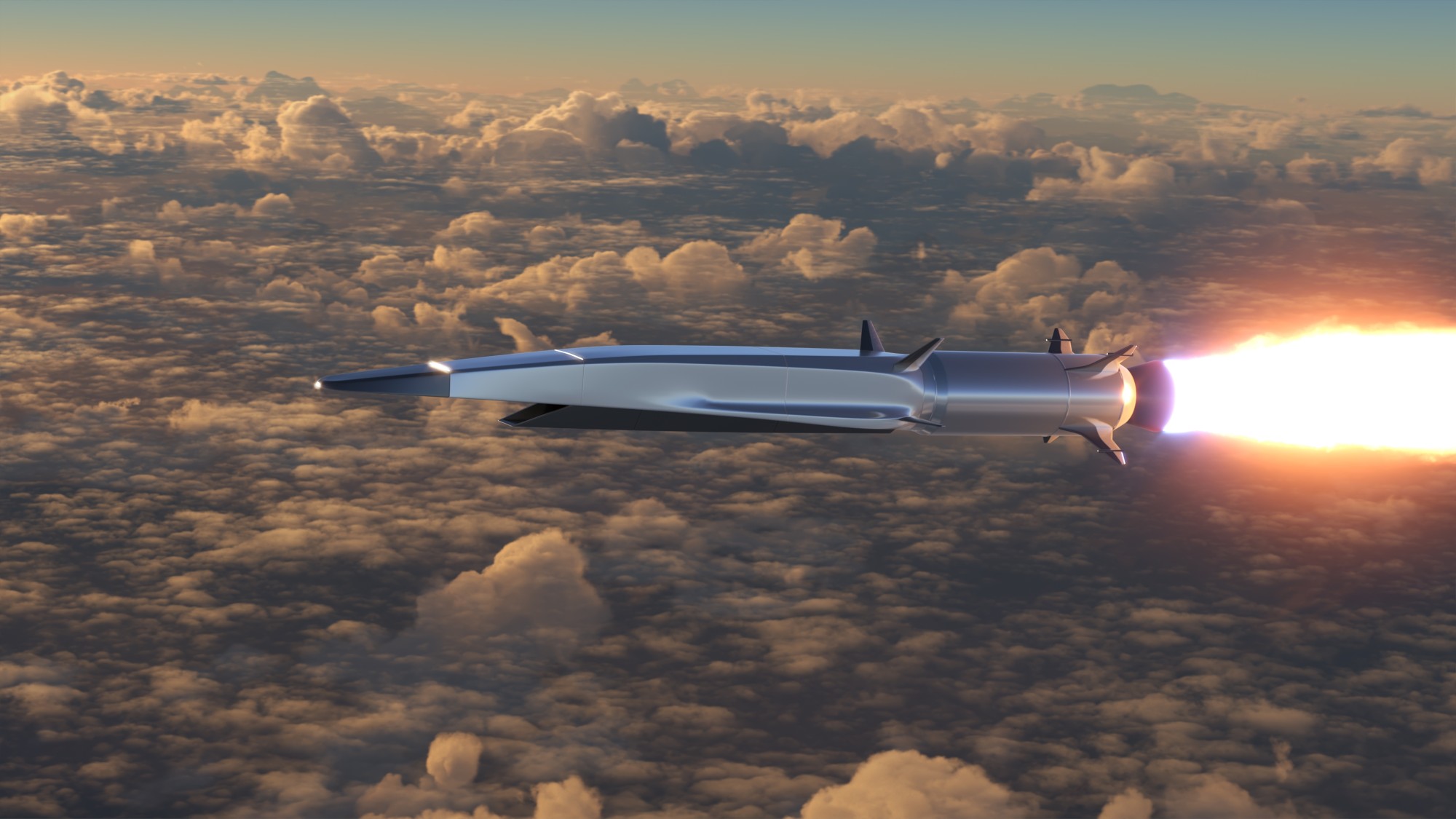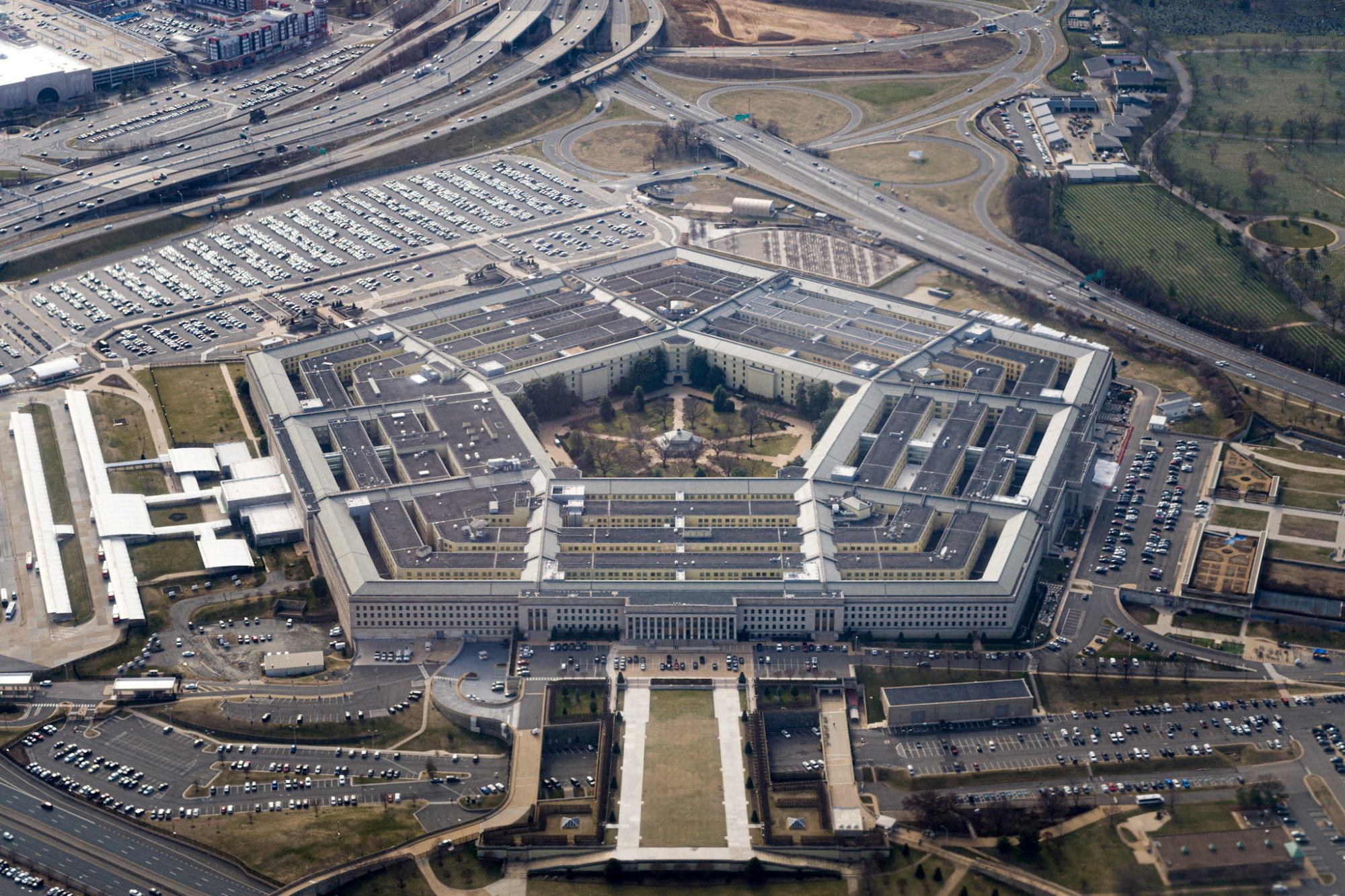“Well, we’re here. So what is it that we need in order to move forward? What is it that we need in order to be able to really build the industrial ecosystem that we need, that our warfighters need, in order to meet the pacing threats and current challenges?”

Taylor-Kale said a number of factors had jarred Washington into realising how vulnerable its military logistics system is.
Pentagon must streamline to better counter China in military AI: senior official
Pentagon must streamline to better counter China in military AI: senior official
“So the defence industrial base is an essential aspect of deterrence as much as it is for warfighting.”
The report also called on the Pentagon to bolster safeguards against strategic Chinese investments – so-called adversary capital – that threaten to increase US vulnerability. It urged venture-capital injections to jump-start poorly financed defence contractors.
“We’ve highlighted the importance of adversarial capital and the effects that it has on the industrial base, particularly predatory investments in acquisition practices,” Taylor-Kale said.

America’s industrial base consolidated over a generation, the report stated, fuelled by the end of the Cold War, an economic shift of manufacturing to China and other overseas locations and the merging of key companies in the name of efficiency.
The US “will require another generation to modernise”, it warned.
“We can’t afford to wait. We have seen over the last few years, the importance of why we need resilient supply chains,” said Taylor-Kale.
The importance is not just for “us domestically, but also for our close allies and partners”, she added. “We think that the time for action is now.”
US, China militaries talk for first time in over a year
US, China militaries talk for first time in over a year
The 60-page report covered principles and generalities at length and few specifics, Taylor-Kale noted, saying this was partly intentional to offer a broad framework that could be applied later to specific theatres and weapons systems as they evolve.
The idea is to boost weapons production and better integrate weapons systems from artillery and cyber tools to hypersonic weapons.
Working with close allies to make more weapons abroad was imperative, the report stated, and should be pursued by “developing, growing, and sustaining multiple, redundant, production lines across a consortium of like-minded nations”.
Final Pentagon bill features Taiwan, Aukus and counters to China’s influence
Final Pentagon bill features Taiwan, Aukus and counters to China’s influence
The strategy paper also said the US needed to attract more young people into manufacturing as older workers retire, including by removing the stigma that blue- collar work was dirty and unappealing, perhaps by appealing to their patriotism.
“I’d like every kid who loves building Legos [to] think about a job in the defence industry,” said Cynthia Cook, a senior fellow at CSIS and adjunct professor at the Pardee Rand Graduate School in California.
Separately on Thursday, Ely Ratner, US assistant secretary of defence, and Admiral John Aquilino, US Indo-Pacific commander, briefed the Senate Armed Services Committee during a closed-door session in Washington.
“Today’s sobering briefing provided evidence for why bipartisan efforts to tackle these challenges must be a top priority,” they added.

